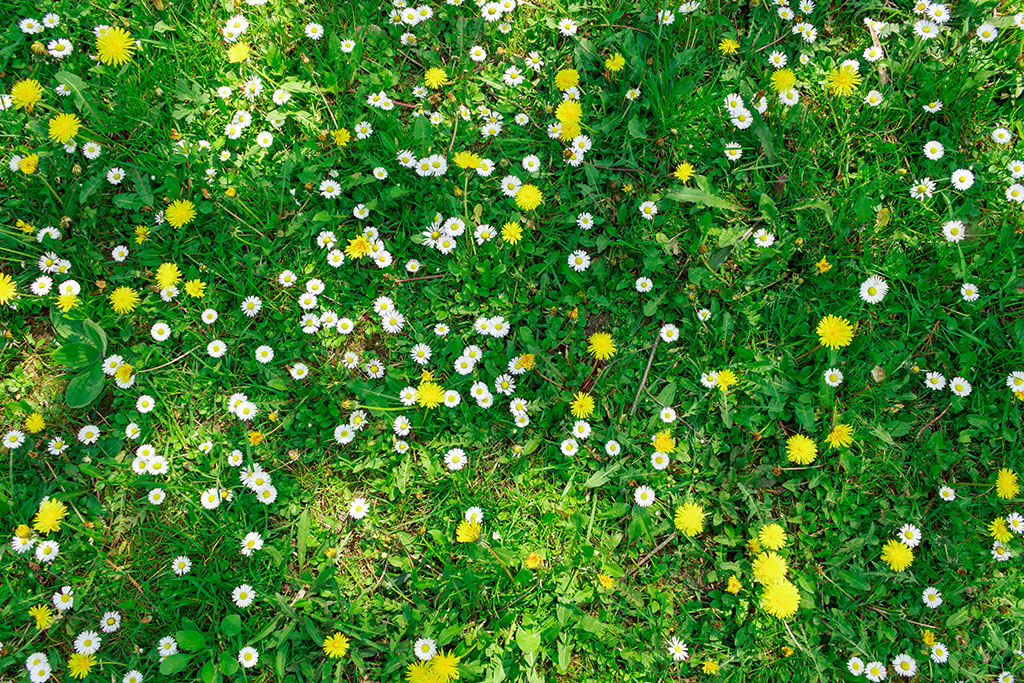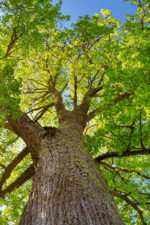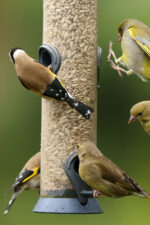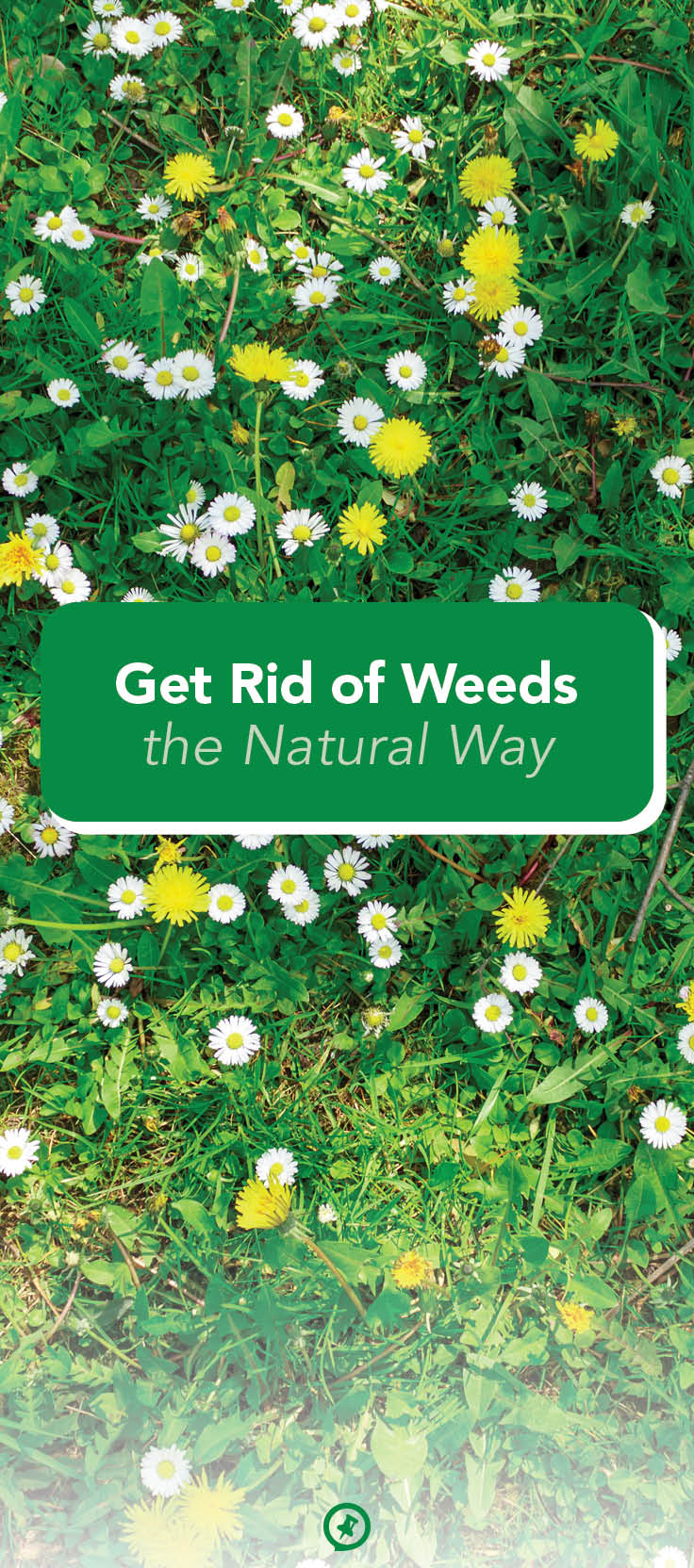Get Rid of Weeds the Natural Way
Having a lush, green yard is a joy for any homeowner, but the relentless intrusion of weeds can turn this dream into a constant battle.
Rather than reaching for chemical herbicides that can harm the environment and your family, consider embracing these natural solutions that are both effective and eco-friendly.

Cover in boiling water
Perhaps the simplest option available, pouring boiling water over pesky weeds can be an effective way of ridding your yard and garden of them. The high temperature shocks the plants, seeps into their roots, and scalds them. It’s an ideal solution for weeds that are away from your lawn and garden, such as those in sidewalk cracks and between pavers.
Douse in vinegar
This versatile household item is one of the most popular homemade weed killers because of how quickly the acid dries out the plants. To make a solution, mix one gallon of white or apple cider vinegar with one cup of salt and one tablespoon of dish soap. Spray the mixture directly onto the weeds, being careful not to get it on any of your wanted plants since it could easily harm them.
Opt for hand-pulling
While yanking every weed in your yard by hand may not be ideal, it is a tried-and-true method for removing unwanted growth. When you pull a weed, be sure to tug it out by the root, digging into the dirt a little as needed. Though this process can be time-consuming, it also ensures that you remove the entire plant, preventing regrowth. Take care, though, not to spread the seeds around your yard as you move the weed to the bin.
Spread corn gluten meal
Corn gluten meal is not only an excellent natural fertilizer for your lawn but also a preemergent herbicide, meaning it inhibits the germination of weed seeds. For optimal results, apply it in the spring before weeds begin to sprout or once you have pulled or killed weeds later in the season. Just don’t place it in a newly seeded yard or garden; it will stop any seeds from taking root, not just those of weeds.
Maintaining a weed-free yard doesn’t have to involve harsh chemicals that harm the environment and your health. By incorporating these natural solutions into your strategy, you can achieve a beautiful and thriving lawn while minimizing your impact on the ecosystem.


















